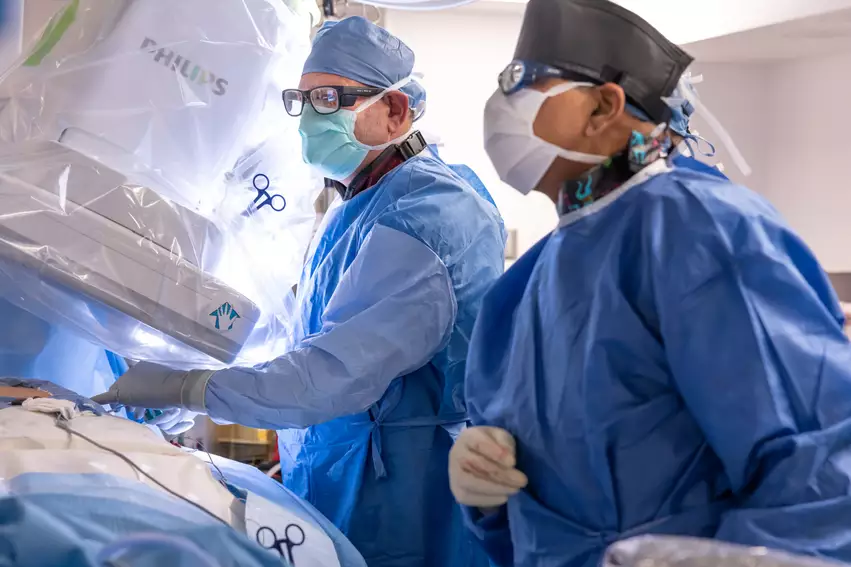Medical device company raises $136M to continue work on new 2-in-1 heart failure technology
Impulse Dynamics, a New Jersey-based medical device company focused on heart failure treatments, has raised $136 million in financing. The funds are expected to go toward additional research as well as product development and commercializing its technology around the globe.
The financing round was led by Perceptive Advisors, Redmile Group, Alger and Hobart Healthcare.
One of the company’s primary offerings is the Optimizer Integra CCM-D System, a dual cardiac device that combines two established therapies—cardiac contractility modulation (CCM) and an implantable cardioverter defibrillator (ICD)—into a single treatment. It is designed to minimize symptoms associated with heart failure and heart rhythm issues, and its extended battery life could help limit the need for additional procedures. Patients are currently being treated with the device as part of the INTEGRA-D clinical trial.
“This round of funding will accelerate our business, both commercially and with our pipeline of advanced technology innovation,” Jason Spees, CEO of Impulse Dynamics, said in a prepared statement. “We continue to make commercial progress globally with more than 9,000 heart failure patients implanted with CCM therapy and millions more who can benefit. We are also getting closer to significantly impacting the ICD market with successful enrollment in our INTEGRA-D clinical trial on the Optimizer Integra CCM-D System. Most patients who currently receive a standard ICD get lifesaving benefits from the defibrillator but still struggle with HF symptoms. With CCM-D, these patients will be able to get the lifesaving benefits of a defibrillator combined with HF symptom relief from CCM in one device.”
Cardiologists made history in 2023
Back in May 2023, two Cleveland Clinic cardiologists—Bruce Wilkoff, MD, and Niraj Varma, MD, PhD—performed the first heart procedure of its kind when they implanted the Optimizer Integra CCM-D System.
“This could be an important advancement for heart failure patients, requiring just one procedure to deliver two important therapies and prevent sudden cardiac death,” Wilkoff, principal investigator for INTEGRA-D, said at the time. “The hope is that this rechargeable technology—with a potential battery life of up to 20 years—will significantly reduce the need for replacement procedures.”
“We are looking forward to studying this new technology to determine its potential to advance treatments for patients living with heart failure,” added Varma, national primary investigator.


